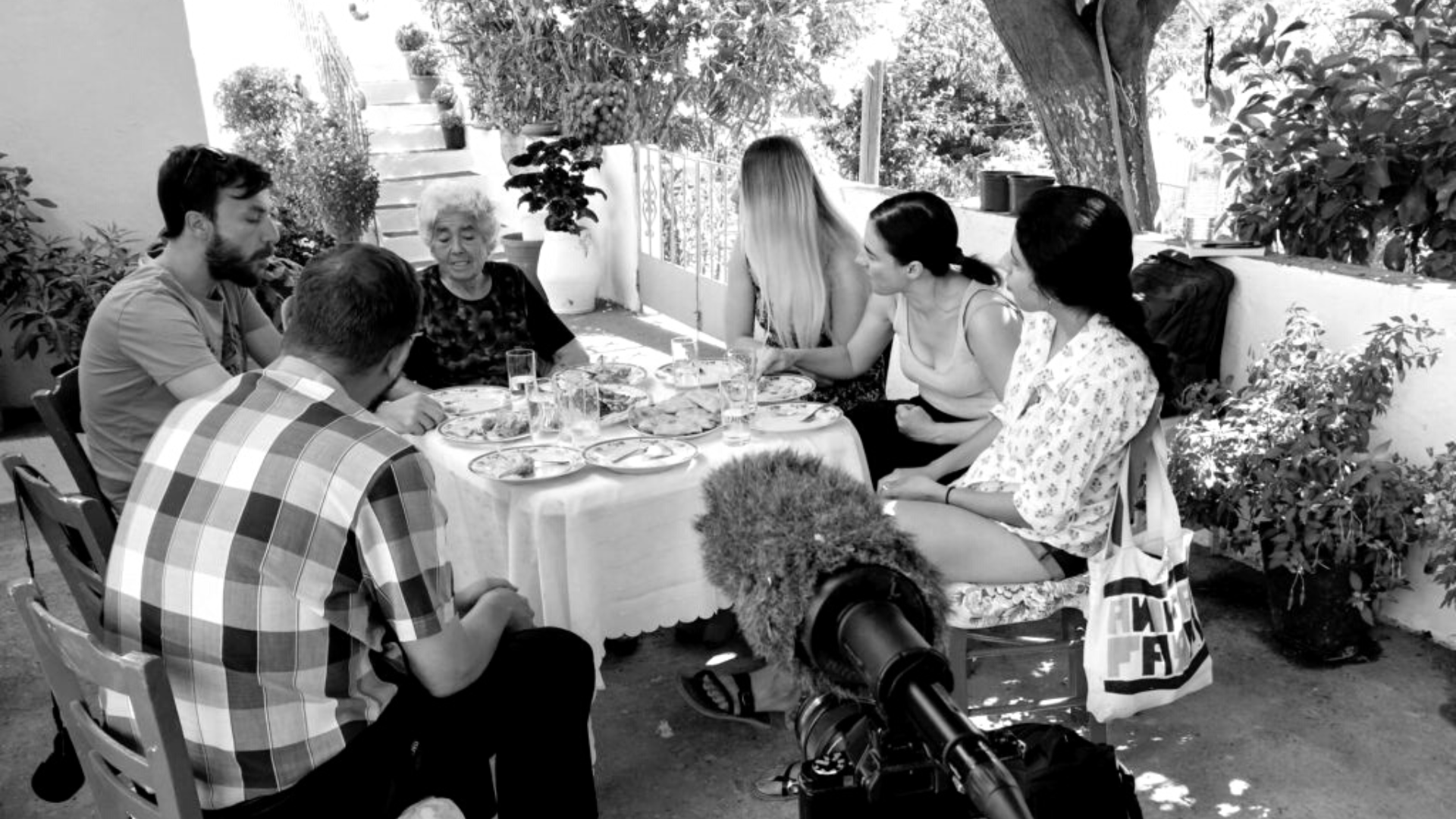A new version of our archaeological ethnography and heritage summer school
By Dr. Aris Anagnostopoulos
It is almost a decade since we first had the idea to create a summer school for archaeological ethnography and heritage in the village of Gonies, in Crete. From the beginning, we had two basic ideas in our minds: one, that this would not be simply a school transferred into a remote place, but it would be a way to teach by doing research and by engaging with local populations. The other was that we had to find a way to involve locals as experts in their own heritage in the process. It was a very instructive experience for all of us, not only for its successes, but also because it made us think again about the way we work and the way we think about heritage, collaboration, and local communities in a more global way.
In this new version of our Engaging Communities in Cultural Heritage summer school, we have moved to an entirely different setting, the island of Paros, in close collaboration with a grassroots festival, the Paros Festival. Besides the change of location, the form of the summer school itself has changed towards a more hybrid form. Faced with the pandemic and lockdowns, we took the whole process online, but at the same time sought to keep a close link with the locality, even remotely.
We realized that remote work, especially with increased online presence of local places, may bring unexpected insights to the whole process of research and engagement. We already had evidence that the online presence of heritage projects increases their accountability and can serve as a research and engagement field of its own. At the same time, online work may bring together participants from a wide variety of backgrounds and contexts. This is important to the way we approach community engagement in heritage, as something that does not follow a blueprint or a set of ready-made techniques, but as an open-ended response to the needs and capacities of local places, groups, and stakeholders. At the same time, however, we have had to deal with the limitations of online work, especially structural inequalities in access and infrastructure. While we have found ways around this, such as the development of asynchronous modules that people can access in their own time, we are now geared towards creating hybrid forms for our workshops, that combine physical presence and online components, as a way to counter these inequalities.
Dr. Aris Anagnostopoulos is an Head of Community Engagment at HERITΛGE , Honorary Lecturer at University of Kent and Researcher for the Ottoman Heritages project .
Community Engagement Summer School page: https://heritagemanagement.org/training/summer-schools/engagingcommunities/

